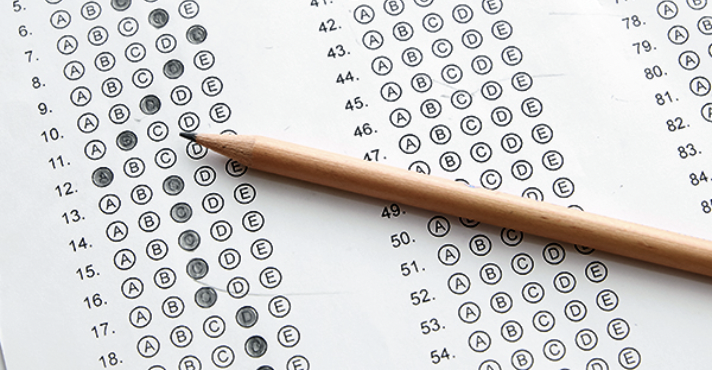The debate over whether colleges should require standardized tests has never been more intense.
An estimate of colleges that have reinstated SAT/ACT requirements for the Class of 2026 is around 50-100 institutions, including prestigious universities such as Harvard and Stanford, as well as many other public universities.
Many people argue that standardized tests have been reasoned to be an unjust measure of knowledge. They often overlook factors such as the influence tutors, teacher quality, and extra time. They have also been demonstrated as a test to evaluate a students ability to take a test, in comparison to a students knowledge.
On the contrary, some believe that standardized tests effectively predict a student’s future performance, particularly in college.
It is also much easier to put students in marginalized groups and grade teachers based off a standard score that all students are required to take.
While I believe standardized testing provided many benefits, these do not outweigh the unfair makeup of the test. Schools should not require students to submit a standardized test and should maintain a test-optional policy.
Research consistently demonstrates that students who receive private tutoring or standardized test prep tend to outperform those who do not.
For example, a study by the National Bureau of Economic Research found that tutoring can improve test scores by approximately 0.15-0.40 standard deviations. This indicates that in comparison to the average test score, students who receive extra help are prone to have much better test scores than those who do not have access to additional resources.
In 2021, the ACT increased its extra time accommodation from 4% to 6%. Most of the time extra time is a well deserved tool that many students need to have a fair chance at tests, but it has also been recently exploited as students can overstate their conditions to get extra time.
This means some students that may not need extra time get this unfair advantage that every other student does not get.
As seen in the ACT, time management is crucial for success on standardized tests. When some students have an unfair advantage because they were able to surpass the system, other students scores get diluted for theirs.
Research published by the American Educational Research Association (AERA) found that students with better time-management skills scored significantly higher on timed sections of the ACT, even when their content mastery was similar to that of lower-scoring peers.
One might argue that standardized test are important in determining the future success in college. A study by the National Center for Educational Statistics (NCES) found that students who scored in the highest ACT range (30-36) had a 90% chance of achieving a GPA of 3.0 or higher in college.
The importance of standardized tests are not significant enough to require students to present them to colleges due to the unfair advantage that comes along with them. In result, many students that are unable to obtain additional support are limited to their future success due to their economic status or lack of knowledge of test taking skills.








